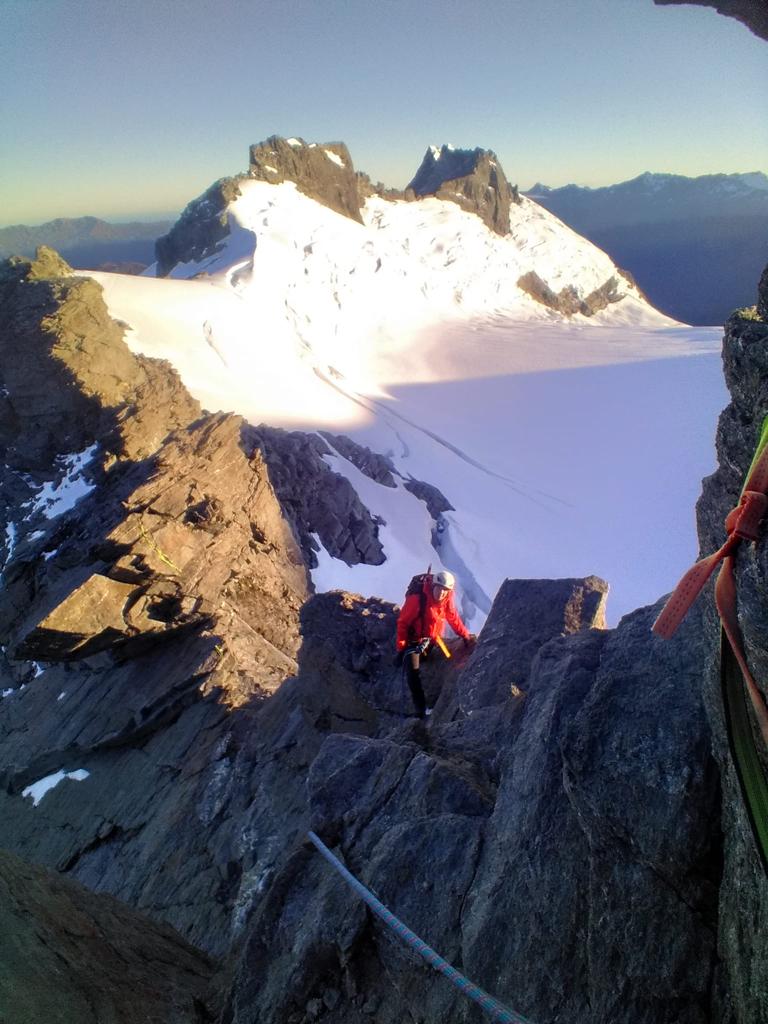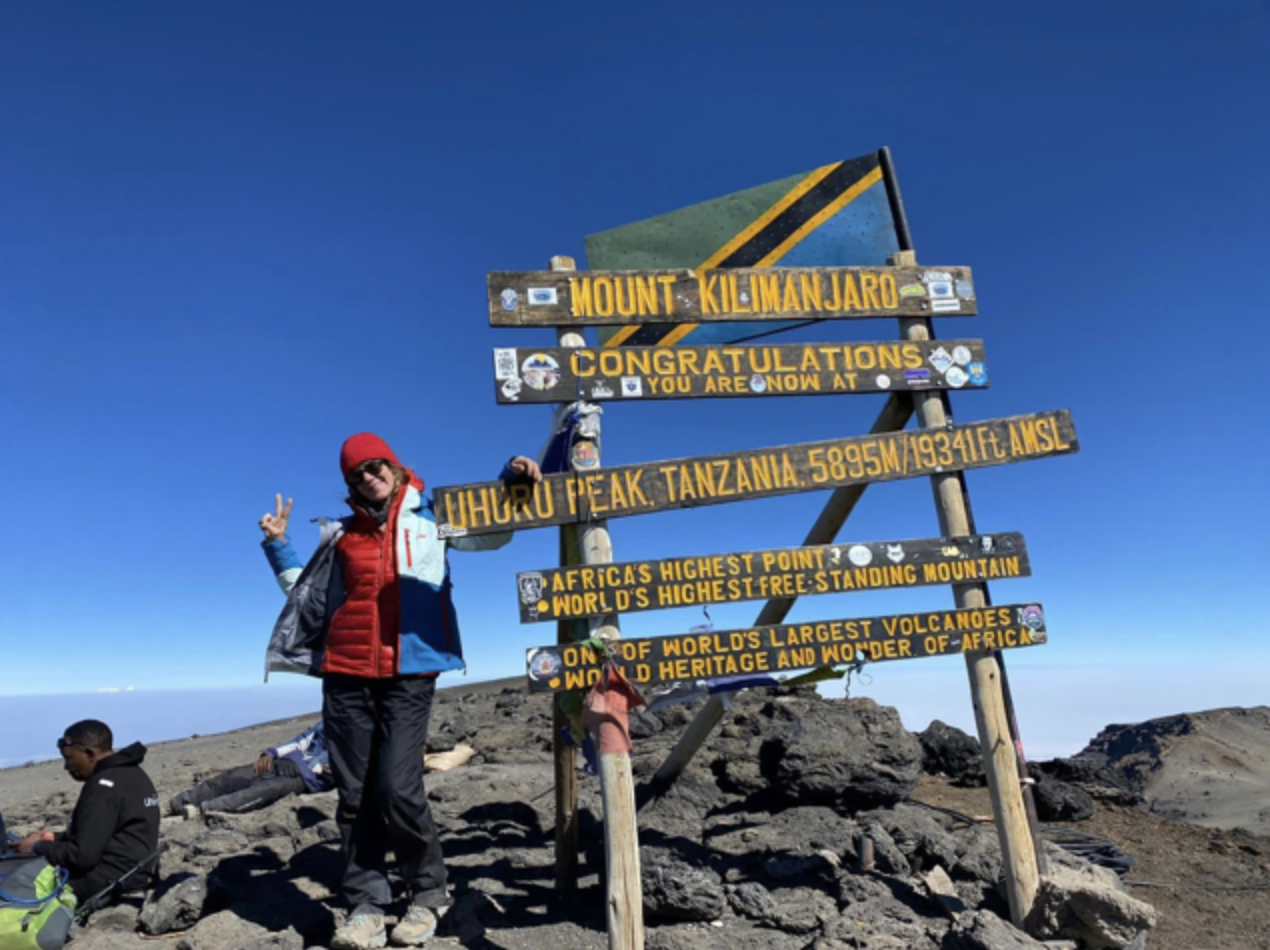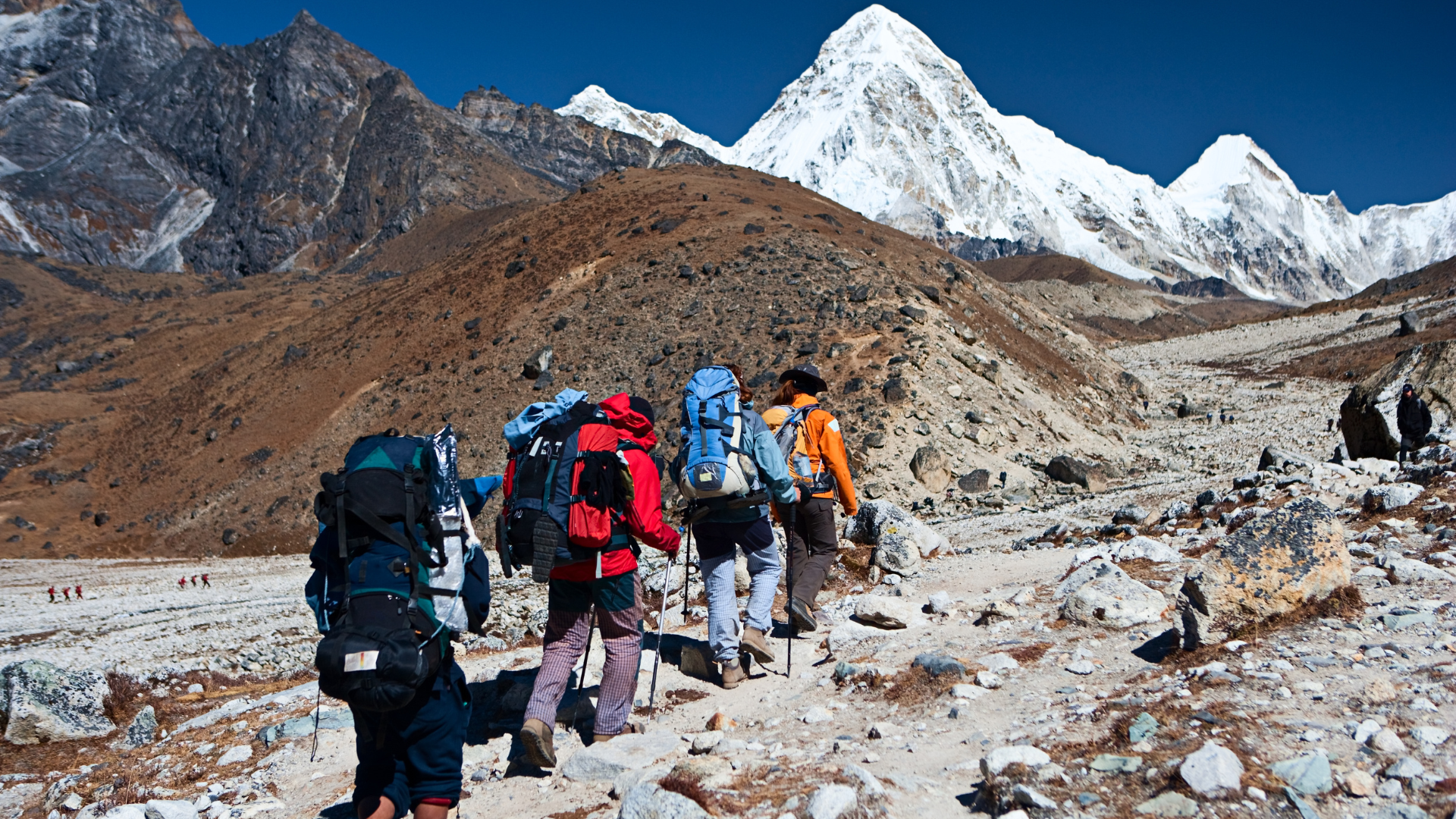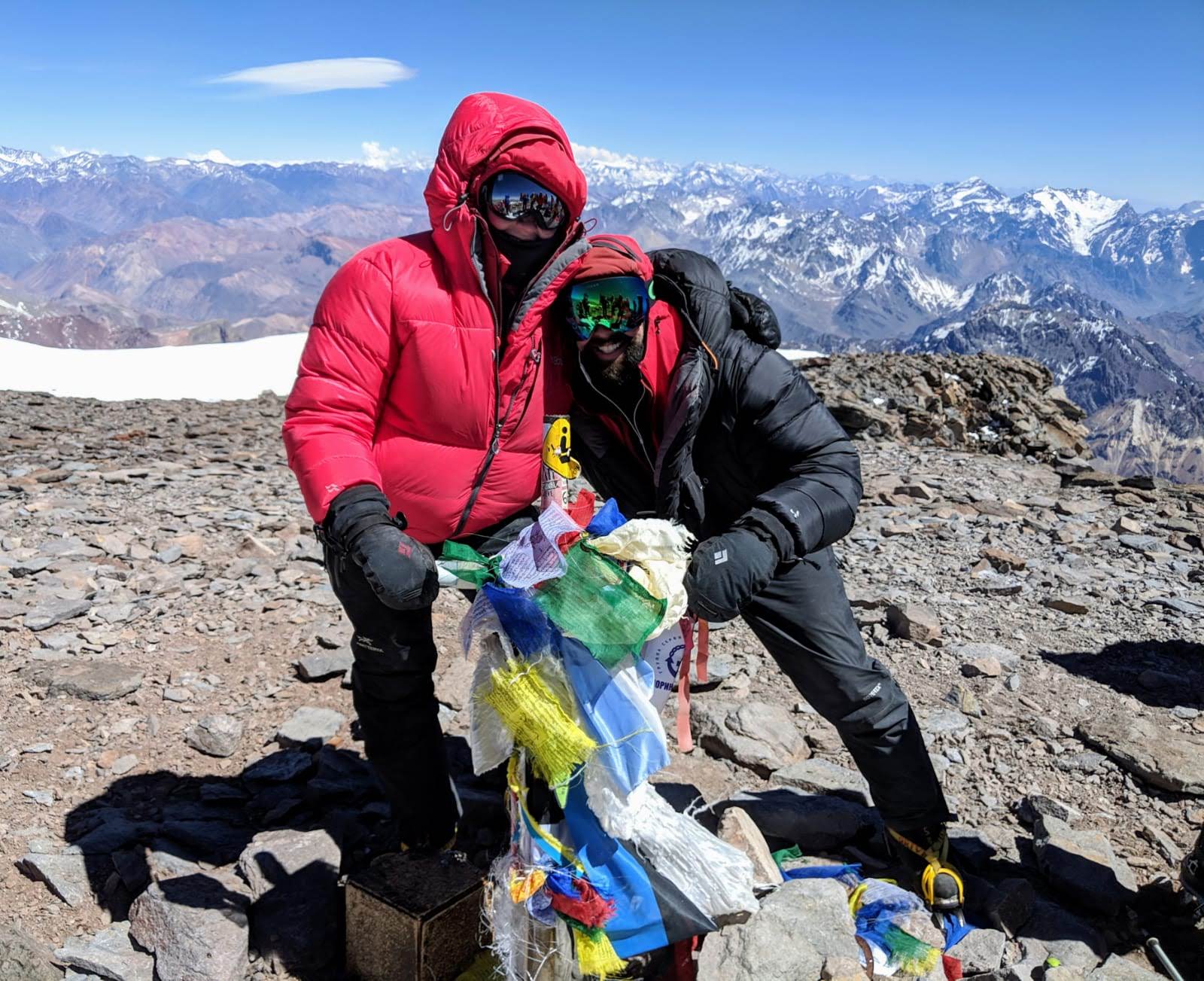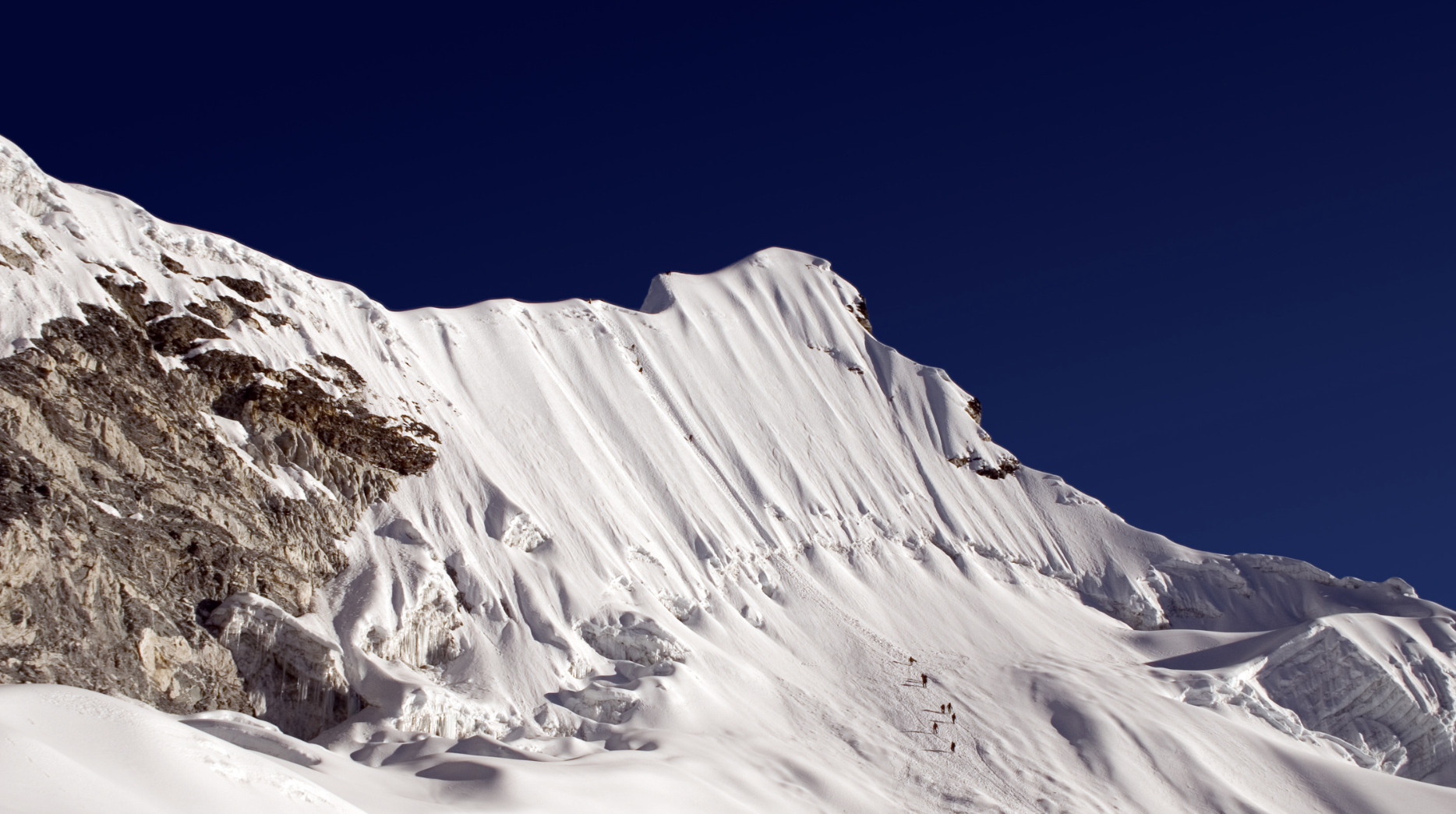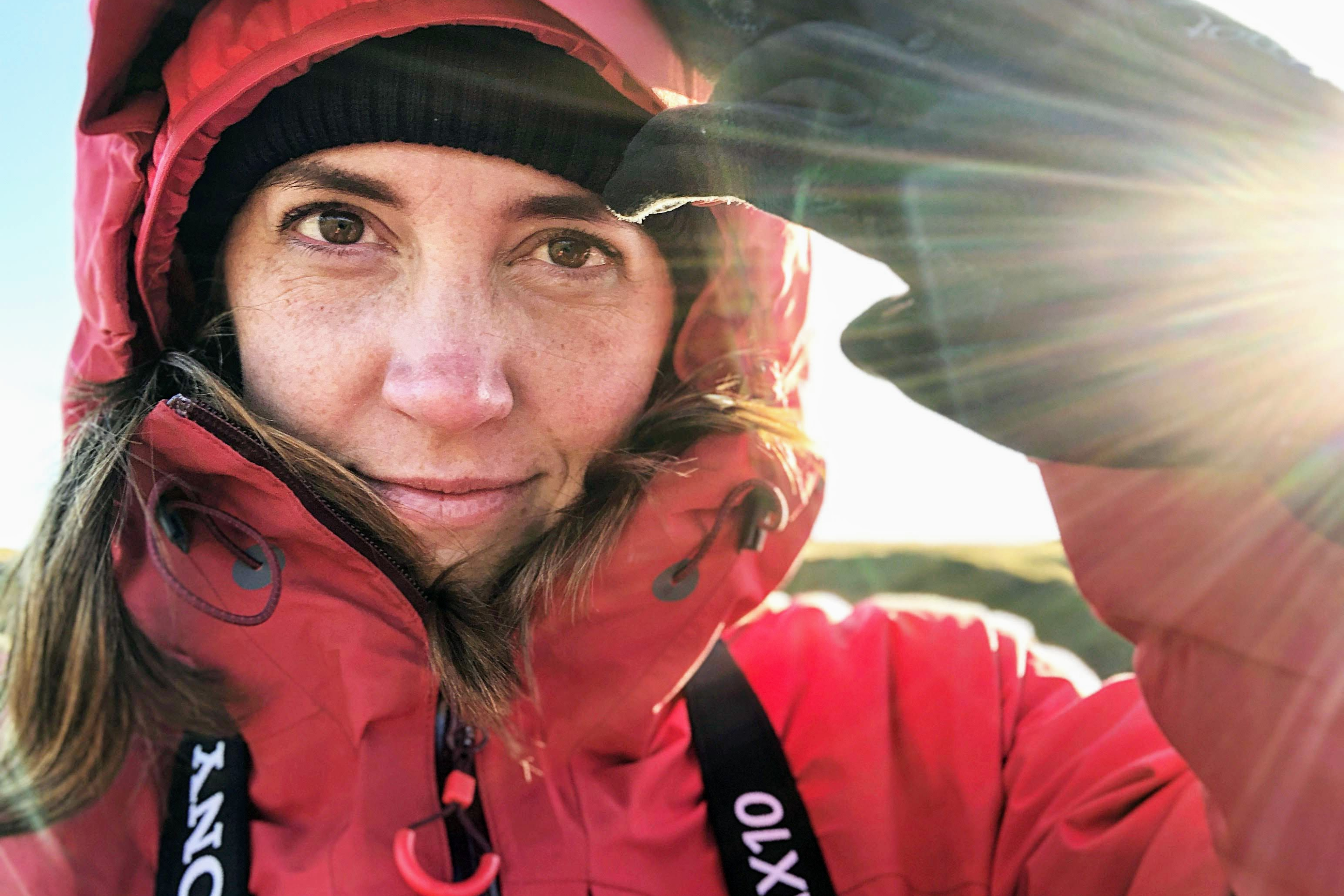I often have people reach out and email me their questions and concerns when it comes to all things mountaineering and trekking. So, instead of just answering each persona and their individual question, I decided to collect all the most commonly asked questions and make them into a blog. Readily available for you to read and learn. You may even have some of the same questions as the people who reached out to me but if you have a question that you can’t find here then please drop me a line on my Contact Page and I will happily answer and share my advice and experience.
Can Altitude Sickness Kill You?
If left ignored, yes, but trust me when I say, it’s very hard to ignore the signs and symptoms of altitude sickness. If you are suffering from altitude sickness, you absolutely will know about it. The problem comes for those mountaineers and trekkers who push through the symptoms and continue to climb which can then lead to HAPE or HACE which are absolutely life threatening.
How Long Does It Take To Get Acclimated To High Altitude?
Everybody is different; some people acclimate very quickly, while others (raises hand, like myself) are slow at acclimatizing. I always suffer from mild to severe altitude sickness between 5,000m and 5,500m. Provided I can rest and spend a few days at that altitude then I acclimate very, very well and don’t suffer any symptoms higher up. What’s more important with high altitude is to understand the affect it has on the human body and to always respect it. Just because you have climbed to 7,000m, it does not mean you are exempt from suffering the ill effects of altitude at lower levels.
What Is Altitude Sickness?
Altitude sickness is a sickness associated with rapid exposure to high altitudes. Symptoms can include headaches, vomiting, dizziness, and feeling of exhaustion or lethargy as well as stomach issues for some people.
Is It Harder To Sleep In High Altitude?
Yes. While you are acclimating, your body may struggle with sleep apnoea. It is a common issue with sleeping at high altitudes but as you acclimate the sleep apnoea lessens and after a few nights goes away completely.
Another reason why I answered yes is because you should be drinking heaps of water at altitude which means you will need to pee two or three times a night. Waking up to pee obviously disrupts your sleep and can result in you feeling like its hard to sleep at altitude but don’t be tempted to drink less in order to get a better nights sleep. Reducing your water intake can lead to dehydration and the onset of altitude sickness and from personal experience, I’d take waking up three or four times per night and having a disrupted sleep than altitude sickness.
How Does Altitude Affect The Body?
I love this question, mainly because I think the human body and the process it goes through at high altitude in order to acclimatize is so incredibly cool! Just a friendly note if you are new to my website, that I am a Sport Scientist and totally nerd out about the human body!
Once you reach a higher altitude, your body immediately senses the change and causes you to breath more in order to get my oxygen. Your heart also begins to beat faster as the stroke volume slightly decreases compared to life at sea level. This often results in a depression in non-essential body functions such as digestion, which is why a lot of people struggle with tummy issues at altitude. It is just your body’s way of prioritizing what functions are most important.
The exciting thing is that your body will be doing all of this without you knowing about it or even thinking of it!
After a few days at altitude, your body begins to create more red blood cells in order to counteract the lower oxygen saturation levels in your blood. After two weeks your red blood cell count increase by 30 to 50%.
Does Altitude Make You Fart?
Ha ha ha, I know… But you’d be suprised how often this question actually gets asked! Personally, I have never noticed myself farting more at altitude but as I answered in the previous question, altitude does affect your digestion system as your body acclimates. Some people experience it more than others, but on the same note, some people are just naturally more gassy than others.
The other thing to consider is that the food you will be eating at altitude is often different to what you’d be eating at home, so it may unsettle your tummy or cause you to drop a few hot ones. Just remember if you do find yourself farting a lot, try being down wind of your teammates.
What Is The Best Way To Acclimate To High Altitude?
Gain altitude slowly! It is rapid exposure to high altitude that often offsets the symptoms of altitude sickness. Going slowly will allow your body the time it needs to do its magic.
The Golden Rule Of High Altitude: Climb high, sleep low
Always follow the above golden rule. This means that you can climb higher during the day but make sure you come lower down to sleep. This is a much, much more effective way to acclimatize rather than going straight up and always-gaining altitude. Unfortunately, some routes, such as Kilimanjaro only provide itineraries that mean going straight up to the summit without climbing high and sleeping low. In those situations, remember to go slowly and rest when you can.
Does Altitude Make You Tired?
Yes – apart from the fact that your sleep may be disrupted, you are also exerting yourself physically more than you would at home. The other factor that causes you to be more tired at altitude is likely brought on by the reduction in air pressure and the reduced oxygen concentration.
Does Altitude Make You Pee More?
Yes. It is technically called altitude diuresis. You should be drinking more water at altitude, which will of course mean you pee more but peeing more is actually a response to altitude. Your body does it as a way of getting rid of fluid from the blood and making space for more red blood cells. As you arrive at altitude, your body tries to get rid of 10 to 15% of your plasma levels.
Does Altitude Affect Your Heart Rate?
Yes it does. Your heart beats faster while your stroke volume decreases as a way to acclimatize. It is a normal and good thing and all part of the process as your body gets used to the change in altitude.
